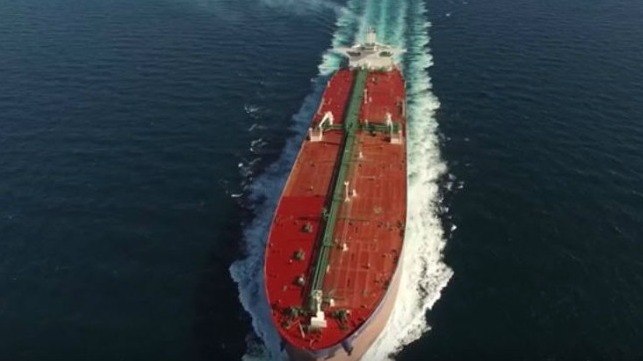Euronav Changes Course on Scrubbers

Belgian VLCC owner Euronav - once known for its anti-scrubber stance - has purchased its first three tankers fitted with exhaust gas cleaning technology.
While scrubber-equipped, the ships were not designed to Euronav's specifications. All three are under construction at DSME, and Euronav has acquired them as ex-yard resales from original contract owner Sinokor for about $94 million each. They are due for delivery in late 2020 and early 2021.
"The large tanker fundamentals remain constructive despite substantial headwinds . . . linked to the coronavirus that we believe and hope will be temporary," said CEO Hugo de Stoop. "Current disruptions to the freight market have provided an opening for Euronav to be opportunistic and deliver what we believe will be long term value for our stakeholders. This transaction demonstrates our flexibility and our capacity to seize opportunities."
Former Euronav CEO Paddy Rodgers was known as an opponent of exhaust gas cleaning technologies. Prior to his departure from Euronav in February 2019, he argued that the cost of scrubber retrofits could not be justified and that open-loop scrubber discharge water would come eventually come under scrutiny from regulators. Port authorities in China, Singapore, Fujairah and many other localities have since placed restrictions on scrubber operation; the equipment's use on the high seas, where large tankers consume the majority of their fuel, is fully permitted.
"Scrubbers are not a license to burn fuel oil," Rodgers warned at an industry forum before his departure. "The idea that scrubbers are a ticket to ride is a misnomer.”
At the time of Rodgers' exit, Euronav's board signaled that it did not intend to change course on its business strategy. However, late last year Euronav signaled a new openness to scrubber technology, saying that it might "capture the potential benefits of an investment in scrubbers after the start of the [sulfur cap] regulation."
